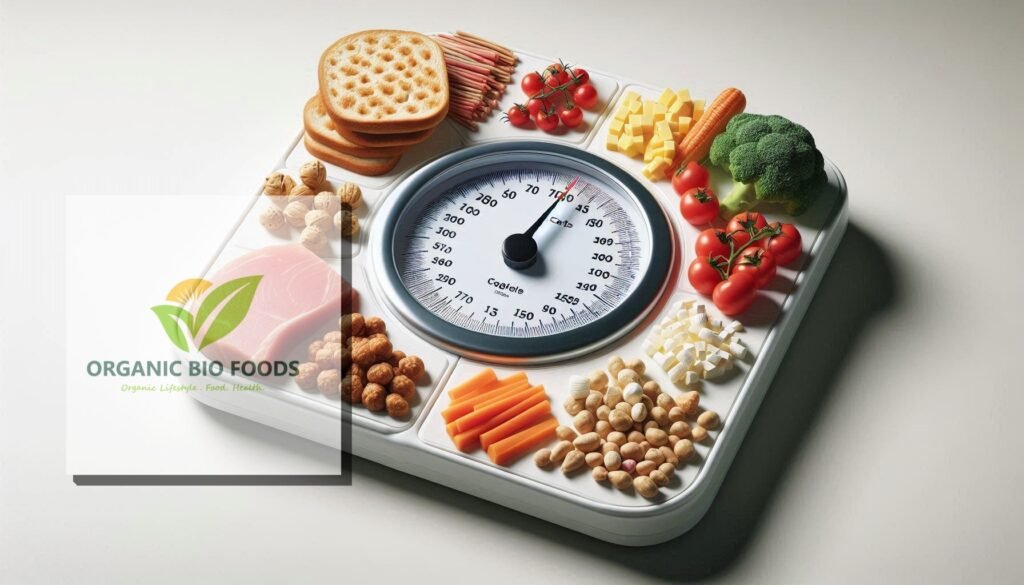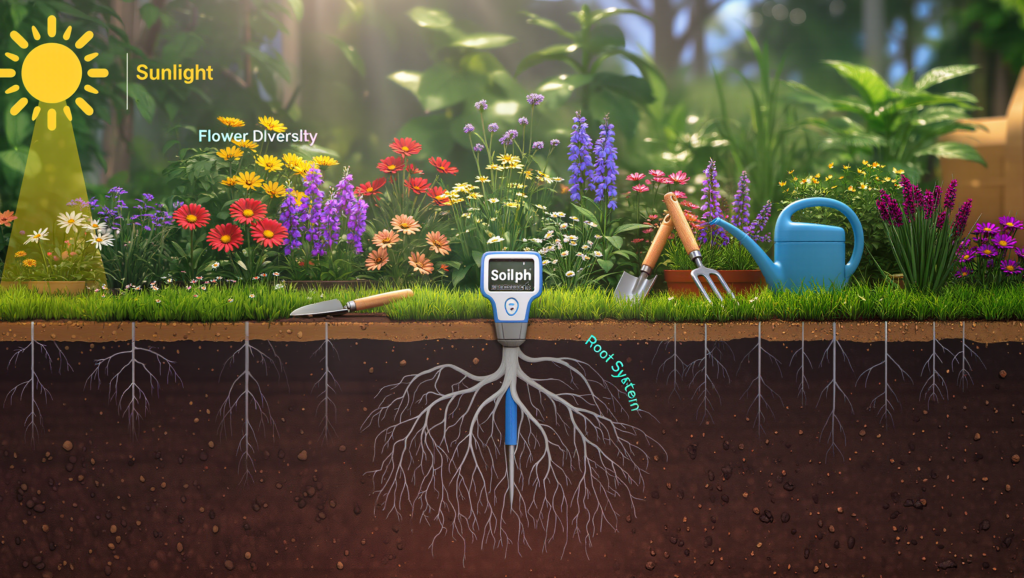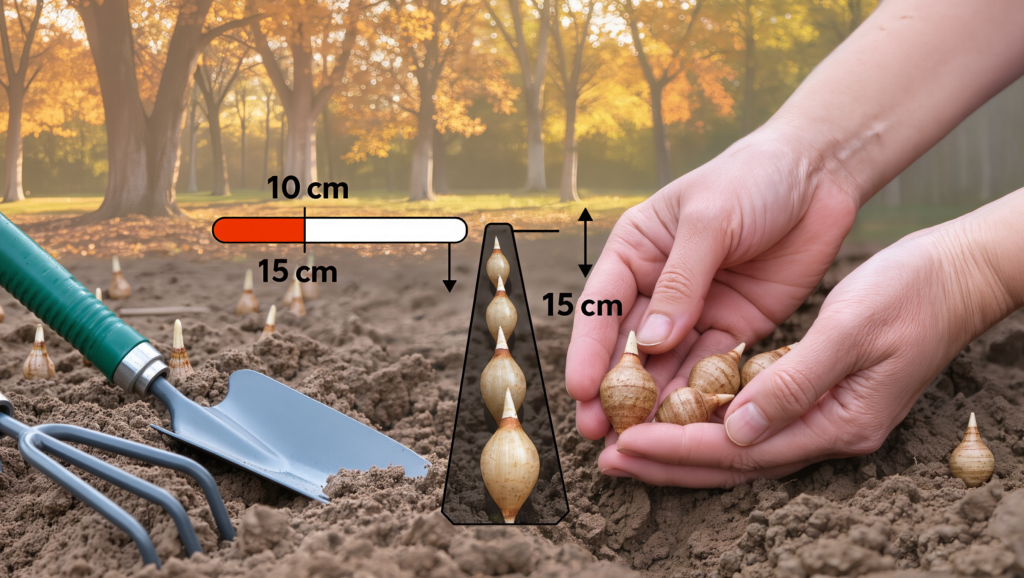说到保持健康饮食,蛋白质往往备受关注。许多人都知道摄入足够蛋白质的好处,例如增强肌肉、延长饱腹感以及支持整体身体功能。但是碳水化合物呢?在高蛋白饮食中平衡碳水化合物和蛋白质的摄入对于保持最佳健康至关重要。在这篇文章中,我们将深入探讨为什么你需要这两种宏量营养素,以及如何制定均衡的饮食来为身体提供能量。
为什么你需要蛋白质
蛋白质是人体所需的最重要的宏量营养素之一。它是肌肉、皮肤、酶甚至激素的组成部分。没有足够的蛋白质,你的身体就无法修复组织或制造必需的化学物质。
以下是蛋白质对你的健康至关重要的原因:
构建和修复肌肉:蛋白质帮助你构建和修复肌肉组织,这在你锻炼或试图增强体质时尤为重要。
促进新陈代谢:摄入蛋白质可以提高你的新陈代谢率,帮助你全天燃烧更多卡路里。
保持饱腹感:蛋白质的消化时间比碳水化合物或脂肪更长,这意味着吃完富含蛋白质的食物后,你会更长时间感到饱腹。
为什么你需要碳水化合物
虽然有些人试图完全戒掉碳水化合物,但碳水化合物在健康饮食中扮演着重要的角色。它们是身体的主要能量来源。如果碳水化合物摄入不足,你会感到迟钝,大脑也无法发挥最佳功能。
碳水化合物的重要性在于:
能量来源:你的身体将碳水化合物转化为葡萄糖,葡萄糖被用来提供能量。如果碳水化合物摄入不足,你的身体将难以完成基本任务。
大脑燃料:大脑依靠葡萄糖运转,而葡萄糖来自碳水化合物。如果完全戒掉碳水化合物,你的大脑可能会感到头脑混乱,难以集中注意力。
支持运动表现:如果你经常锻炼,你需要碳水化合物来补充能量。碳水化合物可以快速为你提供力量训练和有氧运动所需的能量。
蛋白质和碳水化合物如何协同作用
蛋白质和碳水化合物均衡搭配才能发挥最佳效果。它们就像两块拼图,完美契合,提供能量、修复肌肉,并促进整体健康。
碳水化合物提供能量,蛋白质促进恢复:碳水化合物提供能量,助您完成训练,而蛋白质则有助于肌肉的修复和增强。碳水化合物和蛋白质一起食用还能促进运动后肌肉更好地恢复。
减缓消化:蛋白质和碳水化合物搭配食用可以减缓葡萄糖的吸收,防止血糖飙升。这意味着您将获得更稳定的能量来源,而不是血糖快速下降。
促进新陈代谢:碳水化合物和蛋白质一起食用可以加速新陈代谢,尤其是在运动后食用时。两者结合还能促进肌肉生长,即使在休息时也能帮助您燃烧更多卡路里。
平衡蛋白质和碳水化合物的技巧
平衡蛋白质和碳水化合物并不意味着你必须遵循严格的比例。关键在于确保两种宏量营养素都存在于你的膳食中。以下是一些简单的技巧,帮助你在高蛋白饮食中保持平衡:
- 注重有机、未加工食品
在尝试平衡碳水化合物和蛋白质时,选择营养丰富的有机食品至关重要。鸡肉和火鸡肉等瘦肉、鱼类、鸡蛋以及扁豆或藜麦等植物蛋白都是很好的蛋白质来源。至于碳水化合物,请选择全谷物、蔬菜和水果。
优质的蛋白质来源:鸡胸肉、鸡蛋、豆腐、瘦牛肉、鱼类、希腊酸奶和豆类。
优质的碳水化合物来源:糙米、藜麦、红薯、全麦面包、燕麦和绿叶蔬菜。
避免食用添加糖或精制碳水化合物的加工食品,这些食物会导致能量激增或骤减。
- 合理安排用餐时间
安排用餐时间至关重要,尤其是在您定期锻炼的情况下。碳水化合物最好在运动前摄入,以补充能量;而蛋白质则在运动后必不可少,有助于修复肌肉。
运动前:吃一份均衡的零食,包含碳水化合物和少量蛋白质,例如一个苹果配花生酱,或者一片全麦吐司配一个煮鸡蛋。
运动后:确保在运动后 30 分钟至 1 小时内吃一顿碳水化合物和蛋白质均衡的餐食。全麦面包夹鸡肉蔬菜卷,或者加水果和蛋白粉的冰沙都是不错的选择。
- 力求均衡摄入
在高蛋白饮食中,很容易摄入过多的蛋白质而忽略碳水化合物。但请记住,您仍然需要碳水化合物来维持身体机能!不要在餐盘里放太多蛋白质,试着用一半的蔬菜(碳水化合物)、四分之一的瘦肉蛋白质和四分之一的全谷物或淀粉类蔬菜来填满你的餐盘。
示例餐:烤三文鱼(蛋白质)、烤红薯(碳水化合物)以及一份加橄榄油和柠檬的菠菜沙拉。
- 摄入富含纤维的碳水化合物
选择高纤维碳水化合物,例如水果、蔬菜和全谷物,对消化和整体健康至关重要。纤维有助于饱腹感,并有助于健康消化,这在高蛋白饮食时尤为重要。富含纤维的碳水化合物也具有较低的血糖指数,这意味着它们不会像精制碳水化合物那样迅速地使血糖飙升。
富含纤维的碳水化合物示例:西兰花、扁豆、藜麦、浆果、燕麦片和奇亚籽。
- 不要害怕健康脂肪
均衡饮食不仅仅意味着蛋白质和碳水化合物——健康脂肪在保持饱腹感和维护心脏健康方面也发挥着重要作用。牛油果、橄榄油、坚果和种子都是健康脂肪的良好来源,可以与蛋白质和碳水化合物一起食用,从而构成均衡的膳食。
零食示例:一把杏仁(健康脂肪和蛋白质)和一个苹果(碳水化合物)。
平衡碳水化合物和蛋白质的膳食计划示例
以下是一份膳食计划示例,向您展示如何平衡全天的碳水化合物和蛋白质摄入:
早餐:菠菜炒鸡蛋和一片全麦吐司(蛋白质+碳水化合物)。
零食:希腊酸奶配浆果(蛋白质+碳水化合物)。
午餐:烤鸡肉配藜麦和烤蔬菜(蛋白质+碳水化合物)。
零食:胡萝卜配鹰嘴豆泥(碳水化合物+蛋白质)。
晚餐:烤三文鱼配糙米和混合蔬菜沙拉(蛋白质+碳水化合物)。
要点:平衡至关重要
虽然蛋白质对肌肉生长、恢复和整体健康至关重要,但平衡蛋白质和碳水化合物的摄入也同样重要。碳水化合物能为您的身体提供所需的能量,使其达到最佳状态,无论是在锻炼期间还是在忙碌的一天。碳水化合物和蛋白质共同为您的身体提供能量,促进新陈代谢,并帮助您实现健身目标。
专注于有机、未加工食品、合理安排用餐时间以及摄入富含纤维的碳水化合物,是确保平衡这两种重要宏量营养素的简单方法。别忘了健康的脂肪——它们也发挥着重要作用!
来源:








